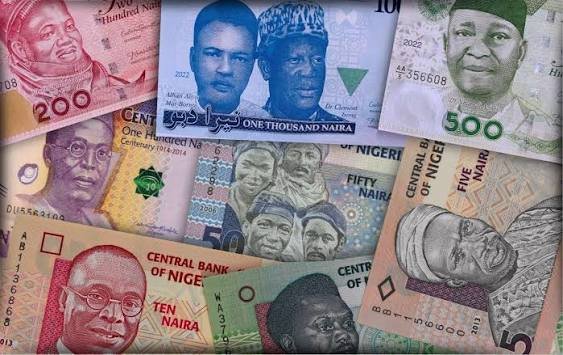The Alliance of Sahel States (AES), a recently established pact comprising three junta-led states – Mali, Niger Republic, and Burkina Faso – has imposed a 0.5 per cent import duty on goods from the Economic Community of West African States (ECOWAS) member nations.
In a joint statement last week, the AES said it aims to generate revenue to fund the alliance’s activities.
The levy, which took effect last Friday, applies to all goods from ECOWAS member states entering any of the three nations, except for humanitarian aid.
This new policy counters ECOWAS’s intention of ensuring free movement of goods between its members and the AES countries despite their official exit from the bloc in January.
ECOWAS had said goods and services from the three countries would still be treated under the ECOWAS Trade Liberalisation Scheme (ETLS) and investment policy.
The ETLS is a regional trade framework designed to promote duty-free and quota-free movement of goods and services among ECOWAS member states.
However, by imposing a levy on ECOWAS goods, the AES is essentially introducing a trade barrier, which contradicts ECOWAS’ objectives.
The new policy is likely to increase trade costs, disrupt supply chains, and drive inflation in the AES countries by making imports more expensive while weakening ECOWAS’ free trade agreement.
Exit from ECOWAS
Before their official withdrawal in January, Niger, Mali, and Burkina Faso announced their decision to leave ECOWAS in early 2024, after months of tension between the countries and the regional bloc.
The junta in all three nations had accused ECOWAS of failing to support them in their fight against terrorism and of imposing sanctions that they claimed harmed their populations. ECOWAS imposed the sanctions following the successful coups in the three countries but later withdrew them.
The three countries also rejected ECOWAS’ request to reconsider their decision to leave the bloc.
Following their official exit, ECOWAS issued guidelines on its relationship with the three countries and transitional measures to minimise disruptions for citizens and businesses.
These guidelines include duty-free trade, visa-free movement, and residence.
ECOWAS said it intends to “keep its door open” if any of the countries want to return to its fold. However, the new levy is only likely to further strain relations between the three junta-led nations and ECOWAS.
Niger exit MNJTF
Meanwhile, Niger has also withdrawn from the international force fighting armed Islamist groups in West Africa’s Lake Chad region.
The Multinational Joint Task Force (MNJTF), which also includes soldiers from Nigeria, Chad and Cameroon, has been working to stem the insurgency since 2015.
Last year, Chad first threatened to pull out of the MNJTF after about 40 soldiers were killed in an attack on a military base.
In a bulletin on state television on Sunday, Niger announced its official exit from the task.
The move “reflects a stated intent to reinforce security for oil sites”, the bulletin stated.
This new development is likely to affect the security effort in Lake Chad, a region that has been subjected to violent attacks from militant groups, such as the Islamic State in West Africa Province and Boko Haram.
© Premium Times



